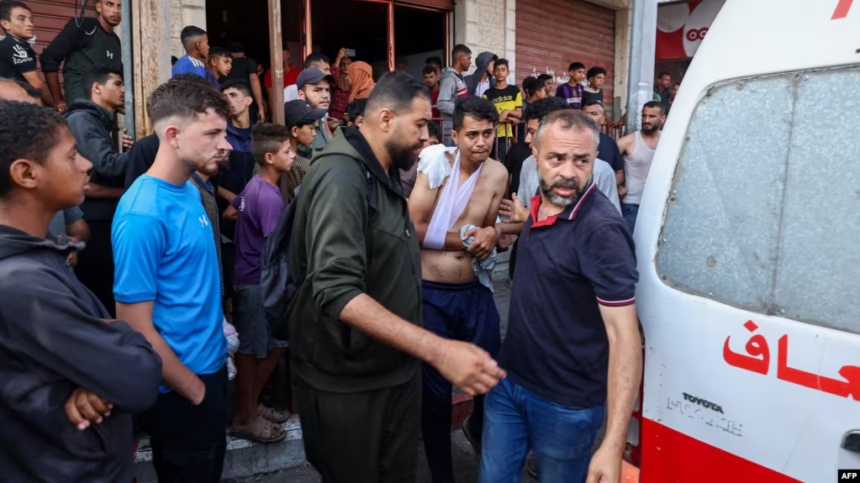Qatar and Egypt announced on June 1 that they will intensify their efforts to restart ceasefire negotiations in Gaza, amid escalating violence and stalled talks between Israel and Hamas.
In a joint statement, the two mediator countries, in coordination with the United States, stressed the urgency of overcoming obstacles that have hindered progress in negotiations.
“Qatar and Egypt, in coordination with the U.S., emphasize the importance of enhancing efforts to remove hurdles in the ceasefire talks,” the statement said.
Negotiations at a Standstill
Ceasefire talks remain deadlocked due to a lack of consensus between Israel and Hamas, the latter of which is designated a terrorist organization by the U.S. and EU. While Hamas claims to have responded positively to a U.S.-proposed ceasefire plan—including the release of 10 live hostages—Washington’s special envoy Steve Witkoff called the group’s reply “unacceptable”, offering no further details.
Ongoing Violence and Humanitarian Crisis
On June 1, at least 31 Palestinians were killed and over 175 injured near a humanitarian aid distribution point in central Gaza, according to the local Health Ministry. Witnesses reported that Israeli forces opened fire on civilians approaching the aid center, located near the so-called “Netzarim checkpoint.”
The Israeli military campaign, which began in response to Hamas’s cross-border assault on October 7, 2023—killing approximately 1,200 people and taking 251 hostages—has now resulted in at least 54,249 deaths in Gaza, with 3,986 fatalities reported since the resumption of Israeli operations, according to Gaza’s Health Ministry.
Israeli Defense Minister Signals Further Escalation
Meanwhile, Israeli Defense Minister Israel Katz declared that military operations will continue regardless of diplomatic efforts.
“I’ve ordered the military to advance against all targets in Gaza, regardless of negotiations, using all necessary means to protect our soldiers and eliminate Hamas militants,” said Katz.
Israel has so far recovered 197 hostages, 148 of whom are alive, largely through two temporary ceasefire agreements with Hamas.







